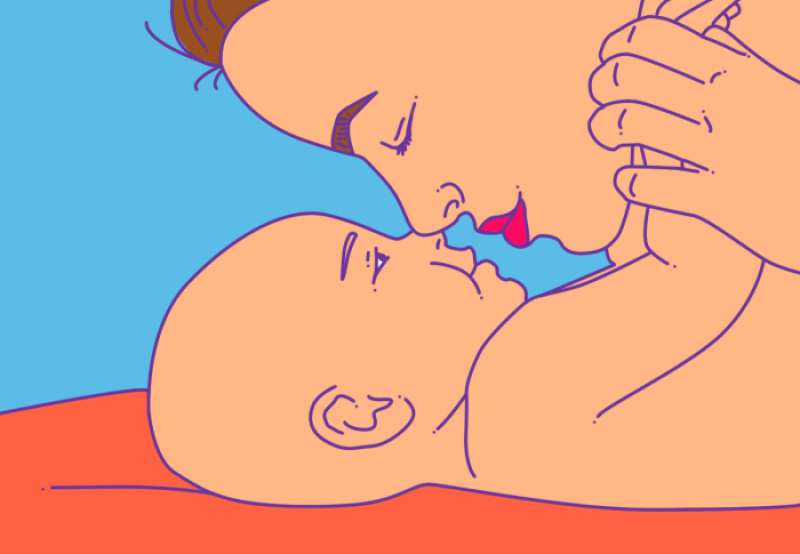Is there such a thing as maternal instinct? Not exactly, scientists say.
It is true that while pregnant, breastfeeding and caring for a new baby, mothers undergo hormonal changes that prime them for caretaking, says Helena Rutherford, a researcher at the Yale School of Medicine’s Child Study Center. These hormones, including oxytocin or the ‘love’ hormone, encourage bonding between the infant and mother.
And after birth, moms are aided by cues from the baby rather than simply relying on an innate sense of her child’s needs. So new mothers don’t necessarily have all the answers right away.
“It’s a process. It’s not a switch — I don’t think the science backs up the existence of maternal instinct,” says anthropologist Sarah Blaffer Hrdy, who has authored books on family bonds including Mothers and Others.
The hormones associated with pregnancy and caregiving, which certainly seem like a source of what many would call maternal instinct, can also rise in individuals besides the child’s mother. While it’s widely known that nursing mothers’ bodies produce oxytocin, which has a calming effect, fathers, adoptive parents, grandparents and other caregivers also undergo biological changes due to spending time with children, says Rutherford of the Child Study Center.































